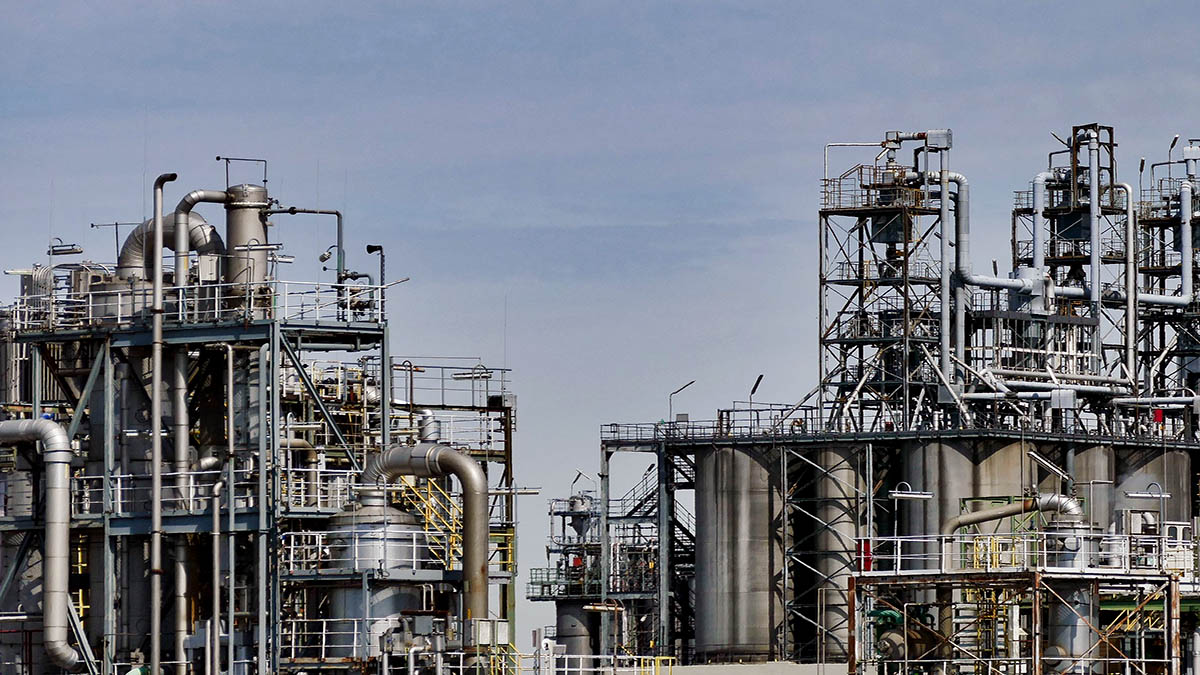Oil prices rose as a cold front shut wells and refineries in Texas, the biggest crude producing state in the United States, the world’s biggest oil producer. Prices also gained as Yemen’s Iran-aligned Houthi group said it struck airports in Saudi Arabia with drones, raising supply concerns in the world’s biggest oil exporter, and on optimism for a global economic recovery amid accelerated COVID-19 vaccine rollouts. Brent crude was up 11 cents, or 0.2%, at $63.41 a barrel at 0144 GMT, after rising to its highest since January 2020 in the previous session.
U.S. West Texas Intermediate (WTI) crude futures gained 62 cents, or about 1%, to $60.09 a barrel. WTI did not settle on Monday because of a U.S. federal holiday. Prices will settle at the close of trading on Tuesday.
“The unexpected U.S. supply disruption provides another short term price recovery bridge that has likely taken oil prices to a level where markets were eventually heading but just a little bit quicker than expected,” Stephen Innes, chief global markets strategist at Axi said in a note on Tuesday.
The cold weather in the U.S. halted Texas oil wells and refineries on Monday and forced restrictions on natural gas and crude pipeline operators. Rare deep freeze prompted the state’s electric power suppliers to impose rotating blackouts, leaving nearly 3 million homes and businesses without power. Texas produces roughly 4.6 million barrels of oil per day and is home to 31 refineries, the most of any U.S. state, according to Energy Information Administration data, including some of the country’s largest.
In the Middle East, Yemen’s Iran-aligned Houthi group said it had struck Saudi Arabia’s Abha and Jeddah airports with drones. The Saudi-led coalition fighting the Houthis in Yemen said early on Monday morning it had intercepted and destroyed an explosive-laden drone fired by the Houthis toward the kingdom.












